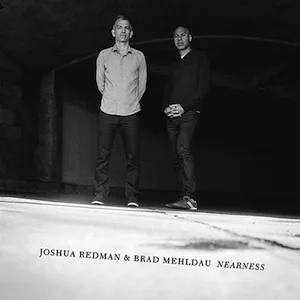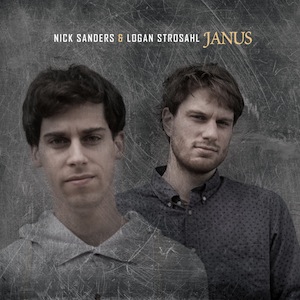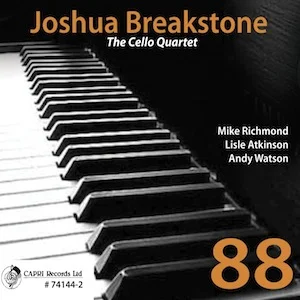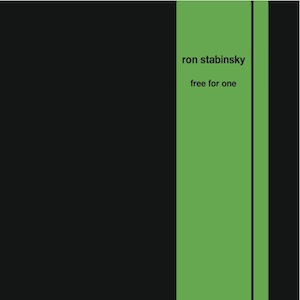Joshua Redman: saxophone; Brad Mehldau: piano.
Only wonderful things could happen when the saxophonist Joshua Redman and the pianist Brad Mehldau, two longtime friends and creative minds of equal caliber, joined forces and let it out what their musical souls contain.
Recorded live during their European tour, Nearness touches an absolute emotional richness and its six duets - three originals and three covers - are to be cherished as real treasures.
This memorable celebration starts with Parker’s “Ornithology”, here transformed into a stylish neo-bop stretch that brings the flavors of the past mixed with a contemporary vision presented in the form of a superior musical wit.
The mood changes with Mehldau’s “Always August”, a beautiful tune that went straight under my skin, aiming to the heart with all its influential assertiveness. Heavenly piano chords carry a vital, soulful pulse from which is impossible to stay indifferent. Redman is an unconditional giver, fulfilling the spaces with clever melodic delineations while Mehldau is better than ever, lighting up a consistent fire that lasts from the first to the last minute.
If still among us, Thelonious Monk would be certainly grateful for the fantastic rendition of his tune “In Walked Bud”, which boasts distinguished variations. Sporadically, the improvisers throw in fragments of the original’s main theme, permitting us to recognize the tune without falling in the obvious. Mehldau’s piano work attains a perfect balance through the inspiring and complementary sounds extracted by his left and right hands. By the end, the duo embarks on trades of eight, and then four bars, letting me more and more speechless with the coherence of their conversations.
The melancholy insinuated in the title “Mehlsancholy Mode” is only true until a certain point. In truth, I felt more alert than ever, in an attempt to absorb every idea suggested and the prompt responses that arrived from the other side.
Following “The Nearness of You”, a renowned jazz standard played with tasteful intimacy, we have Mehldau’s “Old West” whose pop music connotations are totally appropriate to conclude. This tune insists in cyclic harmonic sequences and unobscured melodies, evolving to irresistible solos that sweep the sky, whether as soft breezes or controlled wind gusts.
Mature, freeing and sophisticated, Nearness is a colossal record that will spin for a long time around here. I hope you can also feel this vibrant nearness that Redman and Mehldau are now sharing with the world.
Favorite Tracks:
02 – Always August ► 03 – In Walked Bud ► 06 – Old West








































